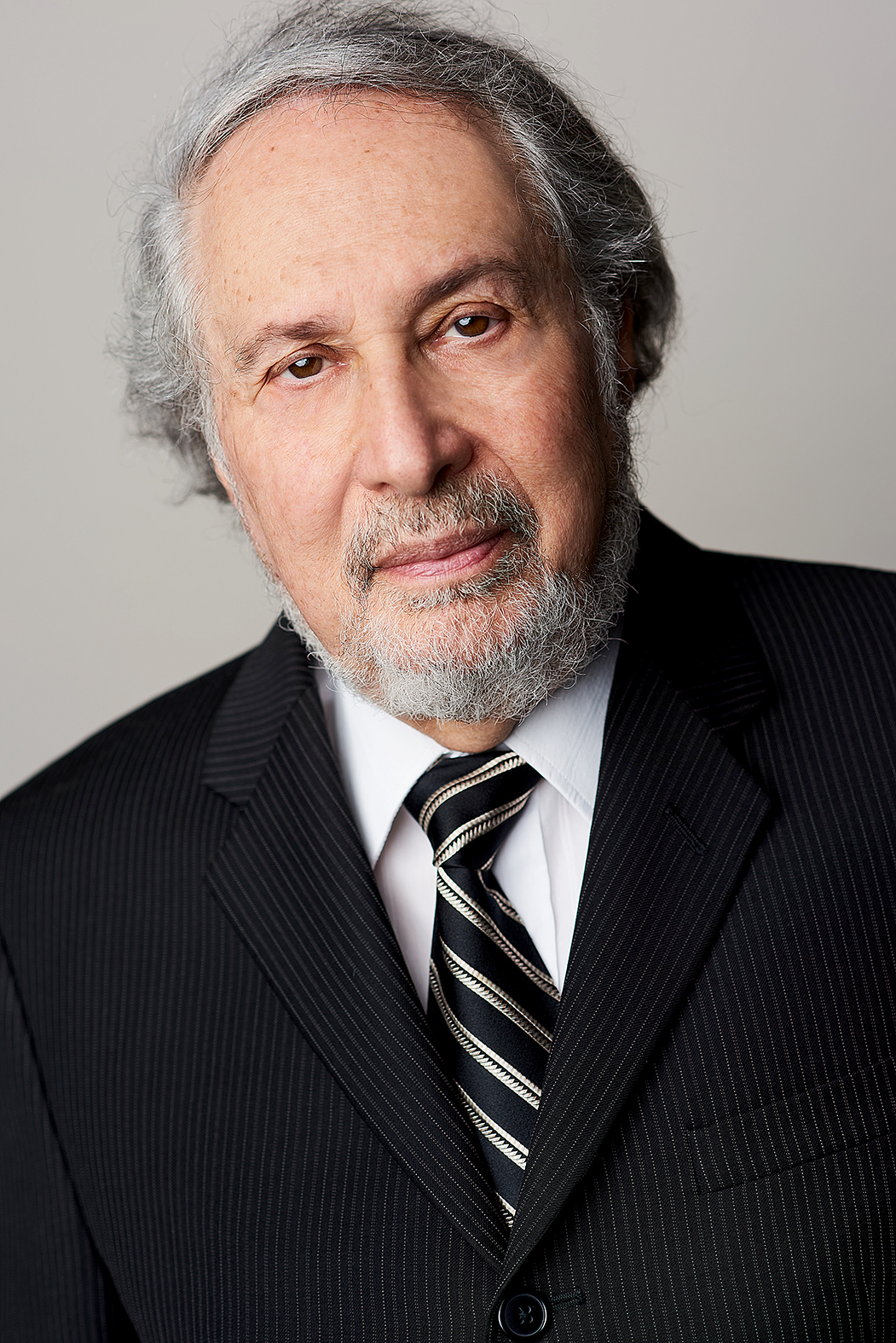Human evolution has always been about our tools, and computer technology is the most impactful tool humans have ever invented. Today, digital technology drives everything from PCs to mobile phones, from thermostats to automobiles. We search the Web for a wide variety of information, entertainment, and services. Rapidly growing computer power drives breakthrough technology such as Artificial Intelligence, with more to come.
That increasing power has created a resulting trend of connecting with computers using human language—“talking to computers”—with smartphone personal digital assistants leading this trend. This conversational connection to growing computer power will accelerate a human-computer partnership that impacts what it means to be human. This book examines the full impact of these trends, including computers essentially becoming workers supporting a growing population beyond retirement age.
Purchase at one of these Online Retailers!
Computer Intelligence is a summary of the full impact of computers on society, including Artificial Intelligence. It is the subject of William Meisel’s 2019 book, Computer Intelligence: With Us or Against Us?” His latest book, Evolution Continues: A Human-Computer Partnership, was just published. It examines how computers are becoming our partners rather than competitors.
Early reviews give the book five stars and conclude with recommendations such as:
Everyone that is interested in learning about humanity’s future with technology should read this book!
I highly recommend this book to anyone wishing to learn more about a topic of such great importance to us all.
I highly recommend Evolution Continues to readers of all ages!
AI is sometimes defined as computers doing things that previously required humans…
But when it is used for tasks such as reducing the energy used by a bank of computer servers through analyzing millions of data items with machine learning, it is doing a task that no human could do in a lifetime.
Much of what is called AI today is machine learning using deep neural networks (DNNs). One could argue that there is no conceptual breakthrough, just computer power passing a threshold where it is feasible to optimize such large data models and deliver the results in a form that is sufficiently responsive that they can be used in practical applications.
One example is speech recognition. DNNs are used in today’s most powerful speech recognition, with models optimized from thousands of hours of speech data using many hours of processing. Once developed, the DNN with the optimized parameters can be executed with the optimal parameters sufficiently quickly to carry on a conversation without unacceptable latency.
The idea of “computer intelligence” is that the breakthrough that should be addressed is the passing of the power of computer technology beyond a threshold where using powerful technology such as DNNs is commercially practical. Computer power will continue to expand, and how Computer Intelligence (CI) will evolve should be examined in those terms, not as a challenge to human abilities. By looking at it that way, we will get insights not only into today, but tomorrow.
Meisel’s newest book, Evolution Continues: A Human-Computer Partnership, carries this basic concept further, describing how the tight connection between computers and humans using human language, e.g., through conversing digital assistants, has the potential to change what it means to be human. Over time, we will treat digital assistants that are always available through mobile devices as an extension of our brain, the next step in evolution.
This web site presents some thoughts and news in the area of computer intelligence from William Meisel, PhD, who has worked in the area today called AI for most of his career and has been an industry analyst for more than 25 years, publishing newsletters and organizing conferences.

Meisel has authored the recently published Evolution Continues: A Human-Computer Partnership and an earlier book, Computer Intelligence. He is president of TMA Associates, providing consulting services on “talking to computers.”
Meisel is also Executive Director of the Applied Voice Input Output Society (AVIOS), a not-for-profit industry organization. In that role, is the program organizer for AVIOS’s Conversational Interaction Conference.
Meisel’s background includes a solid technical foundation. He has a BS from Caltech and a Ph.D. in Electrical Engineering and over 60 publications including a PhD dissertation and papers on neural networks, the first book on machine learning (Computer-Oriented Approaches to Pattern Recognition, Academic Press), technical and marketing articles, and twelve issued patents, the last issued in 2017. He is the editor of two books on the Voice User Interface. His business experience includes managing the Computer Science Division of a defense company and founding and running a company developing speech recognition technology.